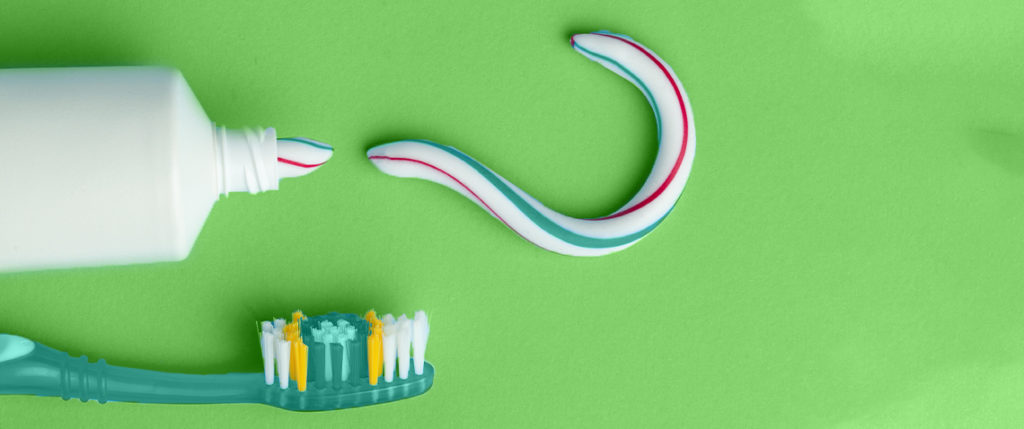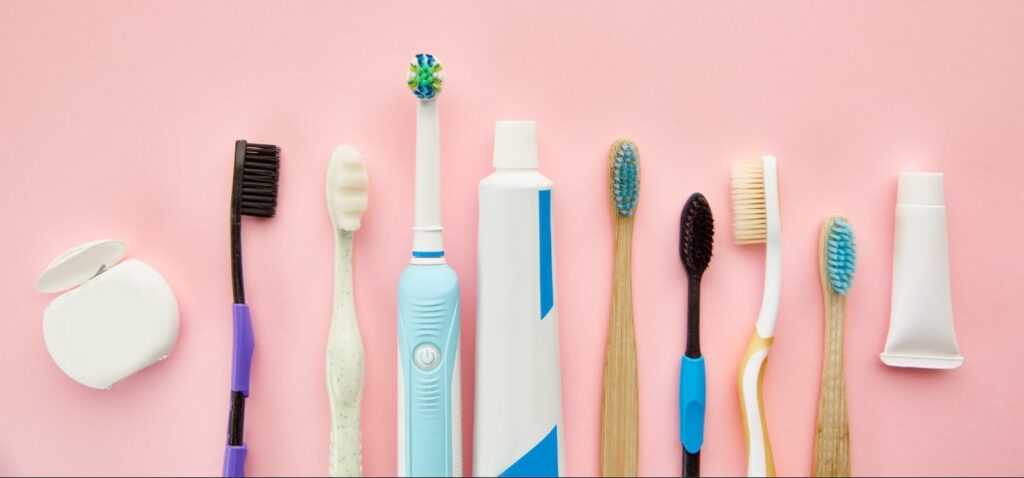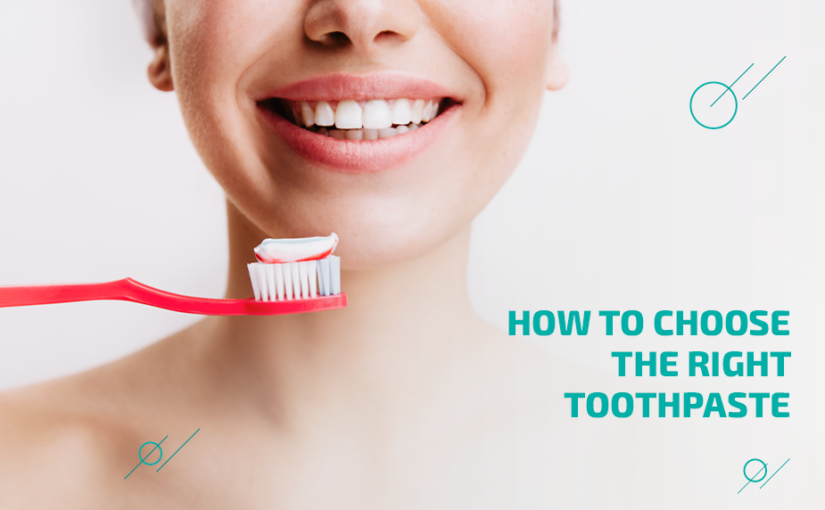Choosing the right toothpaste and toothbrush is important for maintaining optimal dental health. Here are some factors to consider when making these choices:

Toothpaste:
- Fluoride content: Look for toothpaste that contains fluoride, as it helps strengthen tooth enamel and prevent tooth decay. Most toothpaste brands include fluoride, but it’s always good to double check the label.
- ADA seal of approval: The American Dental Association (ADA) evaluates toothpaste to ensure its safety and effectiveness. Choosing a toothpaste with the ADA seal of approval ensures that it meets the necessary standards for oral health.
- Specific dental needs: Consider any specific dental needs you may have. For example, if you have sensitive teeth, look for toothpaste designed for sensitive teeth. If you have gum issues, you might want to consider toothpaste that targets gum health.
- Taste and texture: Toothpaste comes in various flavors and textures. Choose a flavor and texture that you find pleasant, as it can encourage regular brushing habits.

Toothbrush:
- Bristle type: Soft or extra-soft bristles are generally recommended by dentists, as they effectively clean teeth without causing damage to the gums or enamel. Avoid using toothbrushes with hard bristles, as they can be too abrasive.
- Size and shape: Choose a toothbrush with a head size that comfortably fits in your mouth and allows
easy access to all areas of your teeth. The handle should also be easy to grip and maneuver. - Manual or electric: Both manual and electric toothbrushes can effectively clean your teeth if used correctly. Electric toothbrushes with rotating or oscillating heads may provide more efficient plaque removal for some individuals. However, proper brushing technique and consistency are more important than the type of toothbrush used.
- Replace regularly: Regardless of the type of toothbrush you choose, make sure to replace it every three to four months or sooner if the bristles become frayed. Worn-out toothbrushes are less effective at cleaning teeth.
Remember, always a good idea to consult with your dentist or dental hygienist for personalized recommendations based on your specific oral health needs. They can provide guidance on the best toothpaste and toothbrush options for you to maintain optimal dental health.

